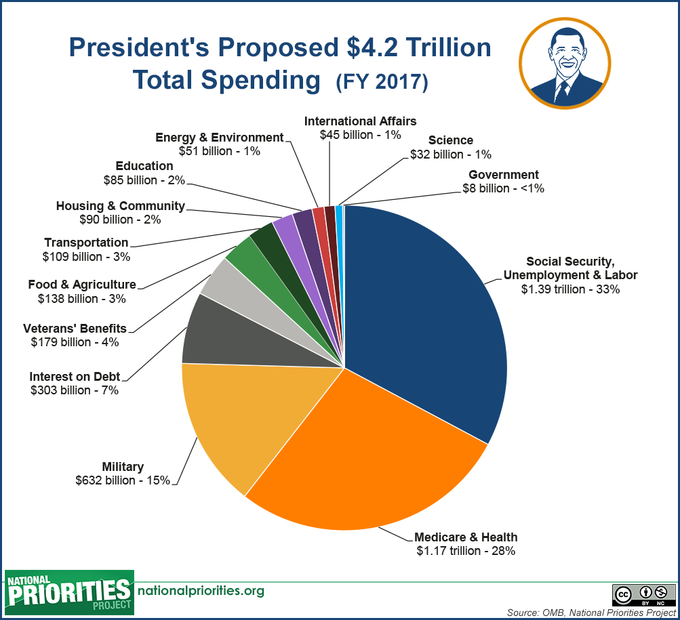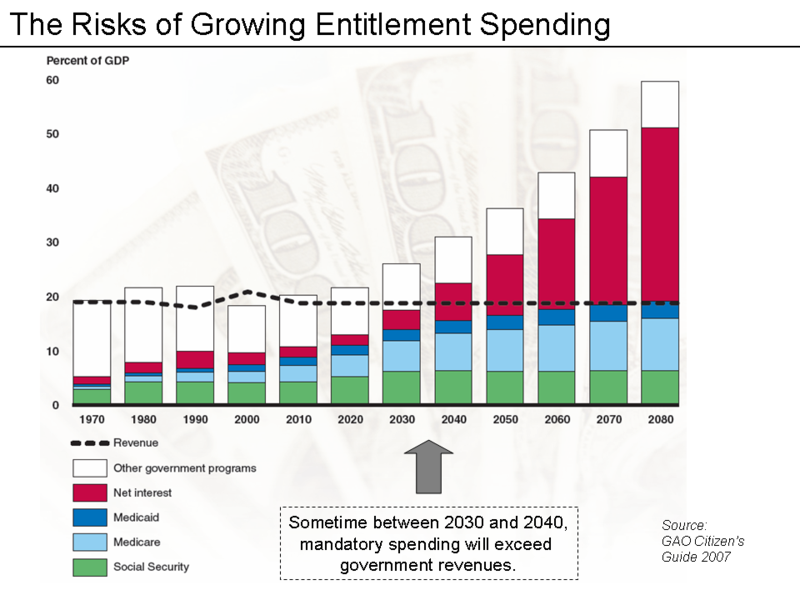- Mar 3, 2013
- 82,785
- 44,448
- 2,605
Sorry man, but you may have misheard that as either his disapproval rating or a rating for a specific item since his overall Presidential approval rating has never been above 50%.caught part of Meet the Press this morning..
Latest NBC poll had Trump at 56%
RealClearPolitics - Election Other - President Trump Job Approval
Thank you.....at least you were honest enough to admit the obvious......Those nitwits who SWORE that Meet the Press had Trump at 56% approval, tucked their tails and ran.....
I told you at least 3 times where I got it, and where to find it.Those nitwits who SWORE that Meet the Press had Trump at 56% approval, tucked their tails and ran.....
Now, little girl, have you watched this mornings episode of MtP?




